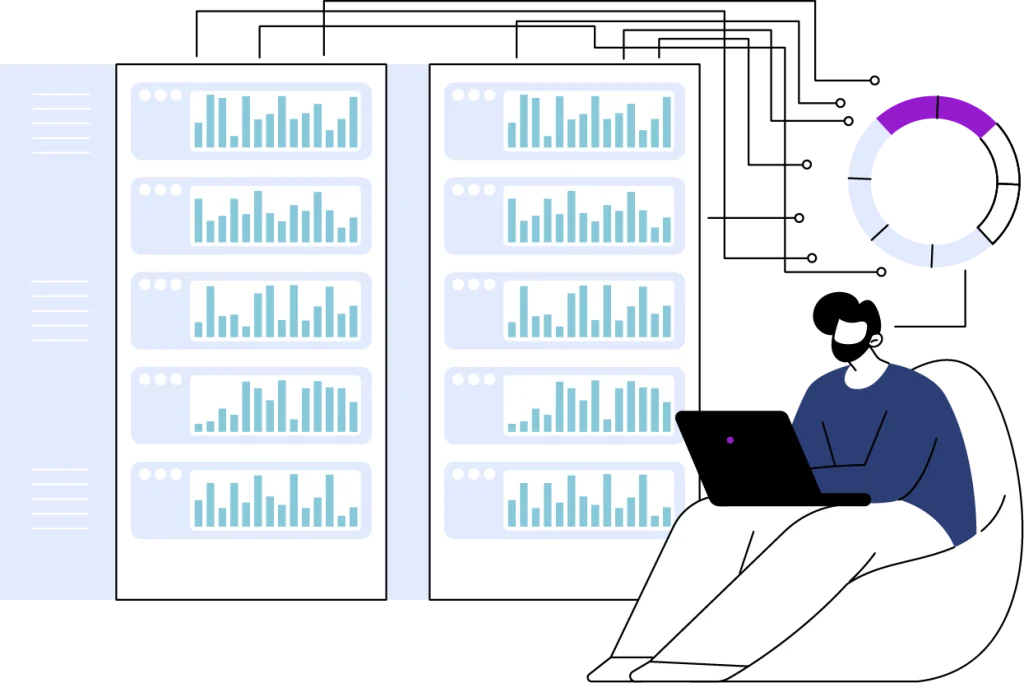
As the digital landscape continues to evolve, small and mid-sized nonprofits have been slow to adopt technology tools to improve efficiency. Why? Often, they are concerned about the learning curve for their already overburdened staff. Yet, this is precisely why time-saving technology is essential. A report by Nonprofit Tech for Good found that nonprofits utilizing advanced technology solutions experienced a 30% increase in operational efficiency and a 25% improvement in donor engagement. Fortunately, progress is being made as more nonprofits recognize that the investment is well worth it.
Here are my top picks for where technology can deliver incredible value.
Automation technology is a game-changer for nonprofits, freeing up valuable human resources from repetitive tasks like data entry, scheduling, and email marketing. For instance, CRM systems integrated with AI can automatically update donor profiles, initiate personalized communication based on donor activity, and predict future donation trends. This shift not only increases operational efficiency but also allows staff to focus on strategic, high-impact activities.
For example, the nonprofit DonorsChoose, which helps fund classroom projects in public schools, uses automation to handle the thousands of funding requests it receives. Automated systems match donor preferences with project needs, ensuring efficient fund allocation and reducing administrative overhead.
Data analytics has become crucial in fundraising and program development. Nonprofits are using sophisticated analytics tools to parse through large datasets, identifying patterns in donor behavior and program effectiveness. This insight allows them to tailor their approaches to maximize donor engagement and program impact.
For instance, Feeding America utilizes data analytics to optimize food distribution. By analyzing data on food donations, transportation logistics, and community needs, the organization can ensure that food reaches those who need it most efficiently and effectively. This data-driven approach has significantly reduced food waste and improved service delivery.
Emerging technologies such as artificial intelligence (AI) and blockchain are beginning to make their mark in the nonprofit sector. AI is used for tasks ranging from natural language processing for donor communications to predictive analytics for fundraising strategies. Blockchain technology offers benefits in transparency and security, particularly in managing supply chains for international aid, ensuring that resources are used efficiently and ethically.
The World Food Programme (WFP) has been pioneering the use of blockchain technology to distribute aid. Their Building Blocks program uses blockchain to provide food and cash assistance to refugees, ensuring transparency and reducing fraud. This innovative use of technology ensures that aid reaches the intended recipients securely and efficiently.
But, what about those training worries? Organizations like TechSoup offer technology training and resources to nonprofits, helping them adopt and integrate new technologies. TechSoup’s digital training programs cover everything from basic IT skills to advanced data analytics, ensuring that nonprofits can make the most of available technology. According to a survey by TechSoup, 78% of nonprofits reported improved operational efficiency after completing their training programs.
Of course, I would be remiss if I did not mention cybersecurity. As smaller nonprofits increasingly rely on digital tools, cybersecurity is paramount. Protecting donor data, financial information, and sensitive program details is crucial. Nonprofits must adopt robust cybersecurity measures, including encryption, multi-factor authentication, and regular security audits, to safeguard their digital assets.
The strategic adoption of technology empowers nonprofits to streamline operations, enhance transparency, and maximize their impact. As more small and midsized organizations recognize that the value of these tools far outweighs the learning curve, the sector as a whole will become more efficient, effective, and capable of making a lasting difference in the world.




